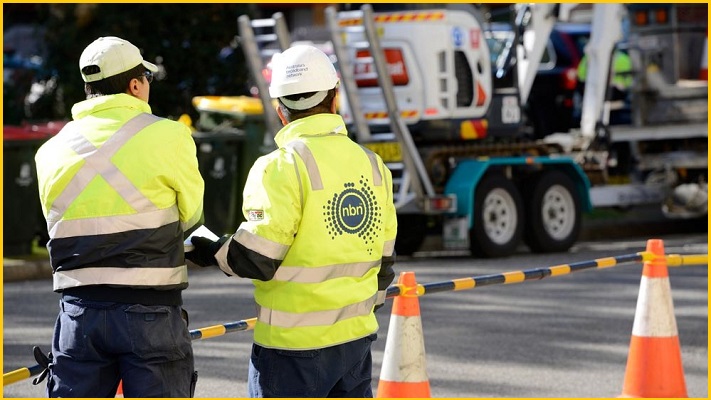NBN Co is building 240 ‘business fibre zones’ around the country that will give local companies access to its top-tier enterprise service.
CEO of NBN Co, Stephen Rue, said this year has further underscored the need for more access to high-speed internet.
“Never before has broadband been more relevant and critical to the success of Australia’s businesses,” he said.
“Access to fast, reliable and secure broadband ensures Australian businesses remain competitive, innovative and relevant in today’s global markets.
“Businesses are the economic engine of the nation, and it’s vitally important that we support Australian companies, in every location, to help them grow and stay competitive.”
Those operating within the new zones will be able to hook up to NBN enterprise ethernet, touted as the wholesaler’s fastest product that has improved traffic priority and higher symmetric upload speeds.
Businesses in the designated areas can also expect to access enterprise ethernet at a reduced cost.
Communications Minister, Paul Fletcher, said the government was “making affordable ultra-fast broadband available to more businesses”.
“For the first time, businesses outside capital city centres within these Business Fibre Zones will have access to CBD zone wholesale prices, driving annual cost savings of between $1,200 and $6,000,” Fletcher said in a statement.
The upgrade will cost $700 million over the next three years and is expected to create some 6,000 jobs.
Head of Macquarie Telecom, Luke Clifton, said he hoped the package would create more competition between telcos.
“The availability of point-to-point fibre-on-demand to 85 regional zones will bring greater competition to regional Australia and be the final nail in the coffin for [those] underserving and overcharging regional businesses that have not had choice of provider,” Clifton said.
“The planned 6,000 jobs will also bring much needed relief to hard-working Australians stuck in Centrelink queues around the country or worried about joining them.
“The telco industry should be emboldened by this, and step up its investment in Australia’s recovery and local jobs.”
While the regional centres are a major selling point for NBN and the government, many of the business fibre zones will be created in inner-city suburbs like Double Bay in Sydney, Collingwood in Melbourne, or Unley in Adelaide.
Of the first 130 zones announced on Tuesday, more than half are located in metropolitan areas.
For those living outside of major metropolitan areas, the NBN has continued to cause headaches.
A recent survey from Regional Arts NSW found that two-thirds of regional NBN users had speed issues with their connection, and a majority said they were “less than satisfied” with the network.
Still, Regional Communications Minister, Mark Coulton, was pleased to have NBN put some attention on areas outside of big cities.
“Businesses in regional Australia are resilient and innovative; they’ve met the challenges of COVID19 by expanding their digital footprint and adapting how they do business and this reduction in costs will further help those in the regions,” Coulton said in a statement.
“The new Business Fibre Zones will connect regional businesses to staff, patients, suppliers, business partners and customers wherever they’re located, putting them on an even playing field with their metropolitan counterparts.”
Australia consistently underperforms on global internet speed rankings.










